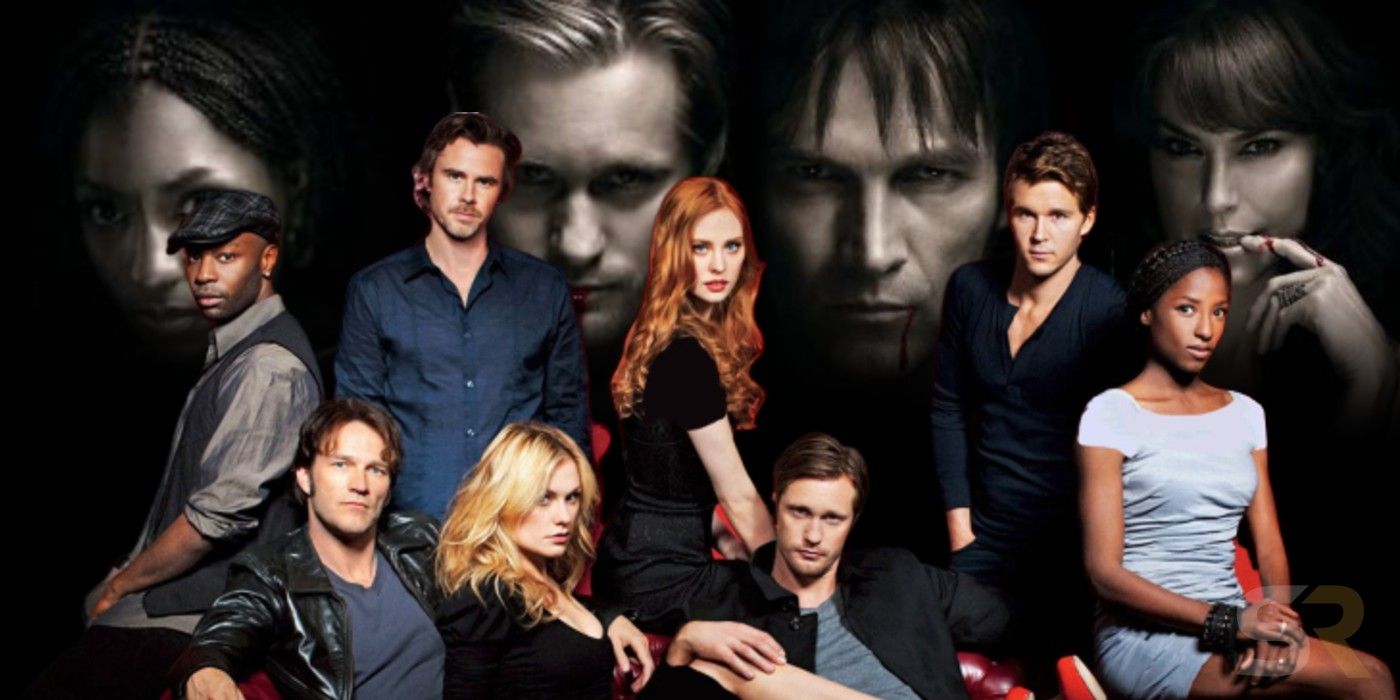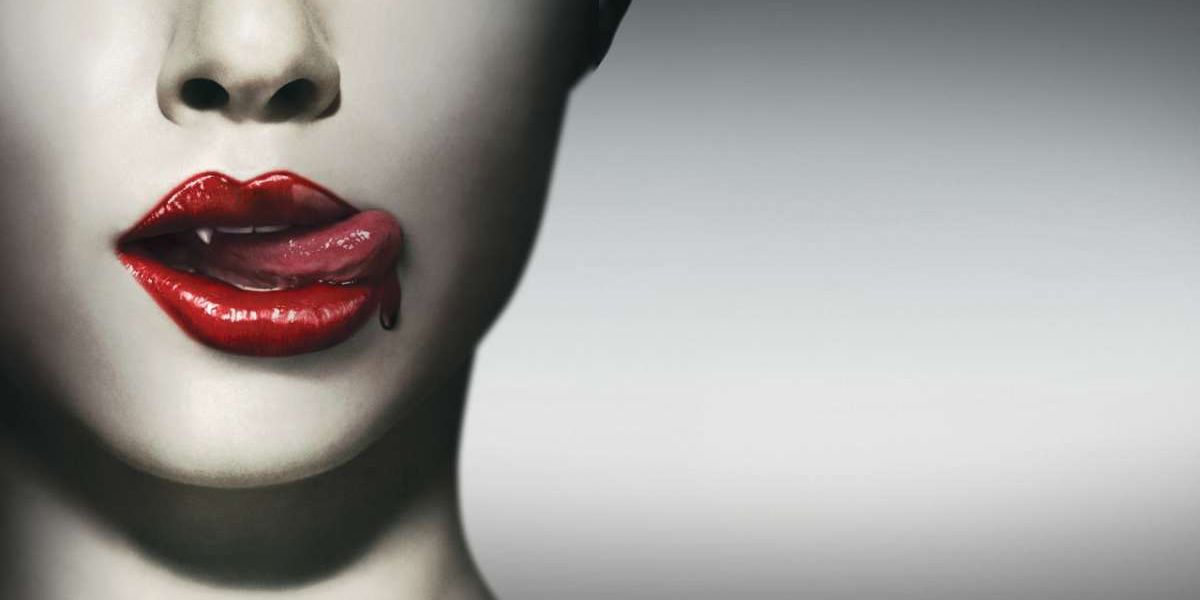Despite some obvious parallels that have been drawn by fans of the series, show creator Alan Ball insists that True Blood isn’t an allegory for gay rights.
True Blood, created by Alan Ball and based on the book series by Charlaine Harris, is a show about how vampires, thanks to the existence of a synthetic blood substitute called TruBlood, “come out of the coffin” and attempt to assimilate with the human world. The show managed to gather and retain a dedicated fanbase that stuck with them through the highs and lows, not minding when a bad storyline was forgotten about here and there. Language like this is part of why some consider the show's commentary on the LGBTQ community to be obvious. With lines like “come out of the coffin,” who could disagree?
Creator Alan Ball heavily disagrees that the show is an allegory. In an article with the New York Post, he said: “To look at these vampires on the show as metaphors for gays and lesbians is so simple and so easy, that it’s kind of lazy.” He also stated the allegory could be “very homophobic because vampires are dangerous: They kill, they’re amoral.” Some fans believe the allegory is obvious, Alan Ball believes it’s dangerous, and it turns out they're both right.
Why True Blood's Creator Doesn't Think The Show Makes Gay Rights Commentary
The vampires in the show have displayed questionable morality, which makes their symbolic depiction as gay people highly problematic. The icy vampire queen Sophie declares both orgies and sacrifices to be “fun.” If she is an allegory for LGBTQ persons, then what’s the allegory for sacrificing people? As Ball said, vampires are "amoral."
One of the most controversial scenes in the show, however, is from the episode "It Hurts Me Too". Here, Lorena asks Bill to “make love." Bill declines right before throwing her on a bed, ripping off her clothes, and viciously twisting her head around. Despite this, Lorena still proclaims her love for Bill. It's a disturbing scene which is made worse if both characters, being vampires, are an allegory for gay relationships, regardless of how the show depicts other couples.
What about the anti-vampire coalitions in the show? The Fellowship of the Sun is a clear stand-in for various religious organizations who fund TV advertisements that broadcast vampires as dangerous. One of these advertisements has a woman declaring, “Children see this lifestyle, and maybe they want to imitate it." Other comments made in this commercial are "I don't feel safe at night anymore," and "I don't want them anywhere near my kids." If these comments were about the LGBTQ community or African Americans, they may be criticized as ignorant and misinformed. When they're about vampires, however, the comments are justifiable because, as Ball said, “vampires are dangerous.” After all, without a regular dose of TruBlood, a vampire’s instinct would still drive them to ravage humans, and even children for blood.
However grievous True Blood is at being an allegory for marginalized groups, the implications are clear even if it wasn't what Ball intended. True Blood dipped into imagery that has real-life roots. “God Hates Fangs” is one letter away from a well-known slur toward the LGBTQ community. Even when Ball doesn’t dip into this, he's recalling other aspects of marginalized groups throughout history. A vampire getting dragged behind a car reminds audiences of the 1998 lynching of James Byrd, Jr. A group of vampires trapped in a shower and then killed recalls the gas chambers of the Holocaust. These references are meant to draw upon audience sympathy, but don't fit when the show has vampires acting on their violent instincts in ways they’ve behaved for centuries. It's why similar shows have heroes slaying vampires instead.
Ball is right to say that drawing these parallels could be “very homophobic because vampires are dangerous”, but he’s the one who put the content up on the screen for fans to sink their teeth into.


